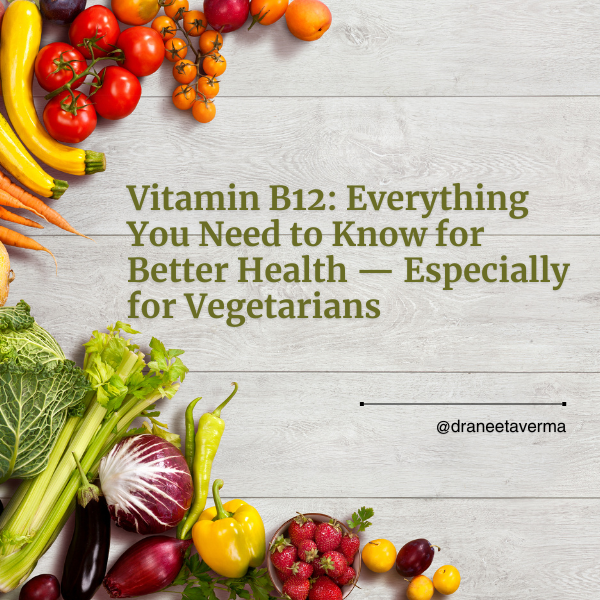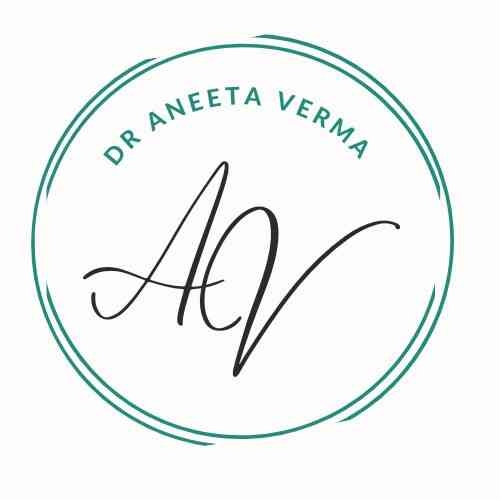+918048051883

This is your website preview.
Currently it only shows your basic business info. Start adding relevant business details such as description, images and products or services to gain your customers attention by using Boost 360 android app / iOS App / web portal.
Vitamin B12: Everything You Need to Know for Better Health — Especially for Vegetarians

Vitamin B12: Everything You Need to Know for Better Health — Especially for Vegetarians Vitamin B12 is one of the most essential nutrients for our body, yet millions of people — especially vegetarians — are deficient without even knowing it. This powerful vitamin keeps your **energy levels high, brain sharp, and blood healthy**. But what exactly is B12, why do you need it, and how can you make sure you’re getting enough without eating meat? Let’s make it simple. What is Vitamin B12? Vitamin B12, also called Cobalamin, is a water‑soluble vitamin that helps in: 1.Producing red blood cells 2.Supporting brain and nerve health 3.Converting food into energy 4. Regulating mood and mental clarity Our body cannot make B12 on its own — we must get it from food or supplements. Why is B12 Important? Without enough B12, your body can’t function at its best. Low levels can lead to: - Persistent fatigue - Weakness and dizziness - Memory problems or brain fog - Tingling or numbness in hands and feet - Mood changes, irritability, or depression - Pale skin and rapid heartbeat Who is at Risk of B12 Deficiency? You may be at risk if you: Follow a vegetarian or vegan diet Are above 40 years of age Have digestive issues like acidity, IBS, or celiac disease Take antacids or metformin for a long time Have had weight loss surgery Are pregnant or breastfeeding Best Food Sources of B12 Mostly found in animal-based foods like fish, chicken, eggs, and dairy — which is why vegetarians need to be extra careful. How Vegetarians Can Meet Their B12 Needs Even without meat, you can maintain healthy B12 levels by following these tips: 1️⃣ Include B12‑Fortified Foods Look for “fortified” written on the packaging. Cow’s milk or soy/almond/oat milk (fortified) Fortified breakfast cereals Fortified nutritional yeast (adds a cheesy flavor to food) 2️⃣ Add Dairy & Eggs (If You Eat Them) Milk & curd: 1–2 servings daily Cheese & paneer in moderation Eggs: especially yolk, 3–4 per week 3️⃣ Improve B12 Absorption Maintain gut health with fermented foods (curd, buttermilk, probiotics) Avoid overuse of antacids and excessive tea/coffee with meals Eat a balanced diet with good protein 4️⃣ Consider B12 Supplements (If Needed) Cyanocobalamin or Methylcobalamin tablets/drops Taken after a blood test confirms deficiency Under professional guidance 5️⃣ Test Your Levels Regularly Serum Vitamin B12 once or twice a year Keep levels above 300–400 pg/mL Can B12 Boost Energy & Mood? Yes! Adequate levels of B12 help in: Better energy and stamina Reduced stress and anxiety Sharper memory and focus Better sleep quality Your Health Matters — Don’t Ignore B12 Deficiency Many symptoms of low B12 are ignored or mistaken for other problems. Early care can prevent long-term nerve and brain damage. As a Holistic Wellness & Nutrition Consultant, I offer online health consultations to help you: * Detect possible B12 deficiency * Improve your energy naturally * Create a personalised vegetarian diet plan * Support your overall wellness 📩 Book your Online Consultation today and start your journey to balanced energy & vitality. 🌐 Visit: www.draneetaverma.com

